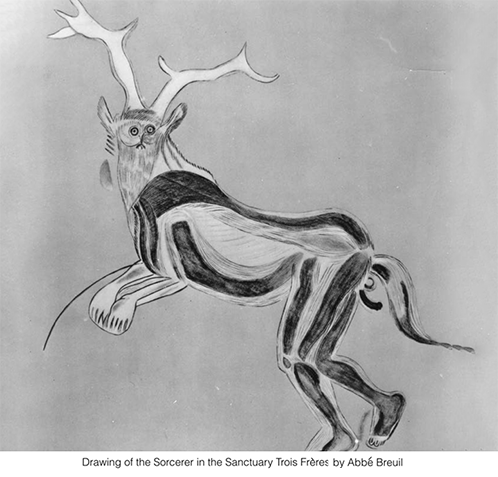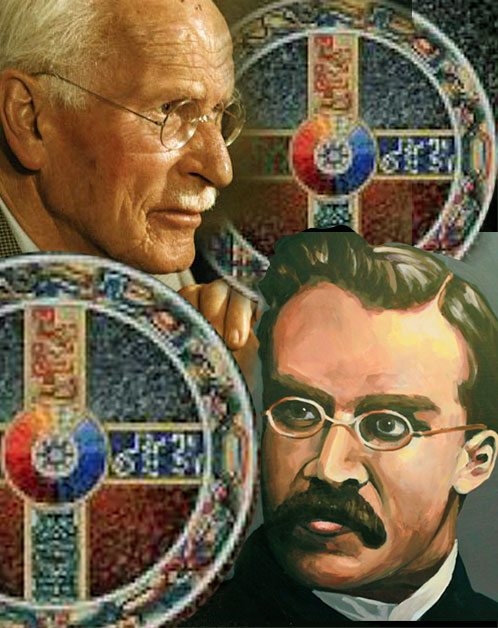FIRST TUESDAY FORUM
Tuesday, March 3, 2020
12:30 – 1:30 pm
Speaker: Harmar D. Brereton, MD
Psychologists have long examined life’s transitions, but is it possible that the artist has been examining these events as well, and for much longer?
This presentation will look first at the cave art discovered in The Caves du Volp in the French Pyrenees and the possible relationship with the transformation in adolescence. In the second half of the presentation, we will examine the Transition of Odysseus through midlife--from The Iliad to his homecoming in The Odyssey.
We will see how these works are small stops on life’s journey and the self-creation of the artist. Both Nietzsche and Jung see art as a forum for self-transformation and healing. In and through art we can deal with our problems and suffering and turn negative emotions into positive, uplifting ones. As he presents it in “The Healing Function of Art,” Jung sees great potential in art’s capacity to heal.
Harmar Brereton, MD, is a medical and radiation oncologist trained at the National Cancer Institute and Johns Hopkins. He has an undergraduate degree in History from Yale. He is on the faculty of Weill Cornell Medical School and is a clinical professor of Medicine at Geisinger Commonwealth Medical College. He worked for 10 years with a Jungian analyst and Jesuit priest in the development of his medical practice, and he is now developing a curriculum for medical students that includes the humanities and arts.
Dr. Brereton taught a course on Homer, The Iliad and The Odyssey in 2018 and on Palaeolithic Cave Painting 2019 at the Schemel Forum for adult education at the University of Scranton. In 1999 he visited and studied the caves of France and Spain and in 2018 was invited to join the archeological excavation team of “Odysseus Unbound,” which is currently excavating what may be Odysseus’ true home on the Paliki peninsula of the island of Kefalonia.
No reservations required, suggested contribution fee of $2.00. All are welcome.


